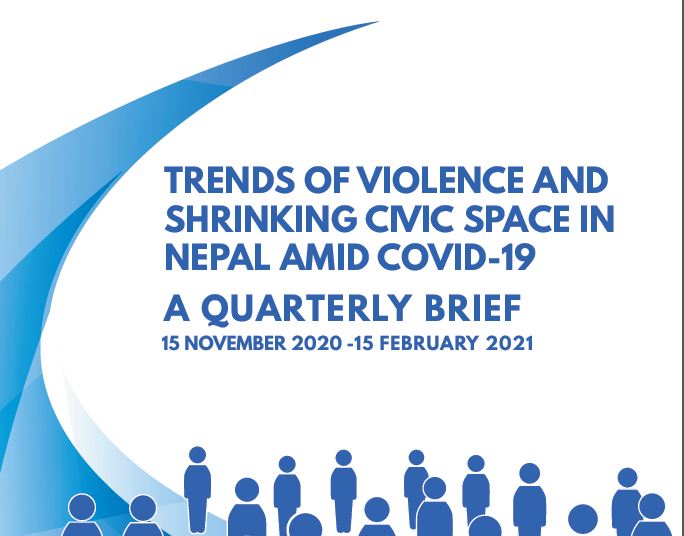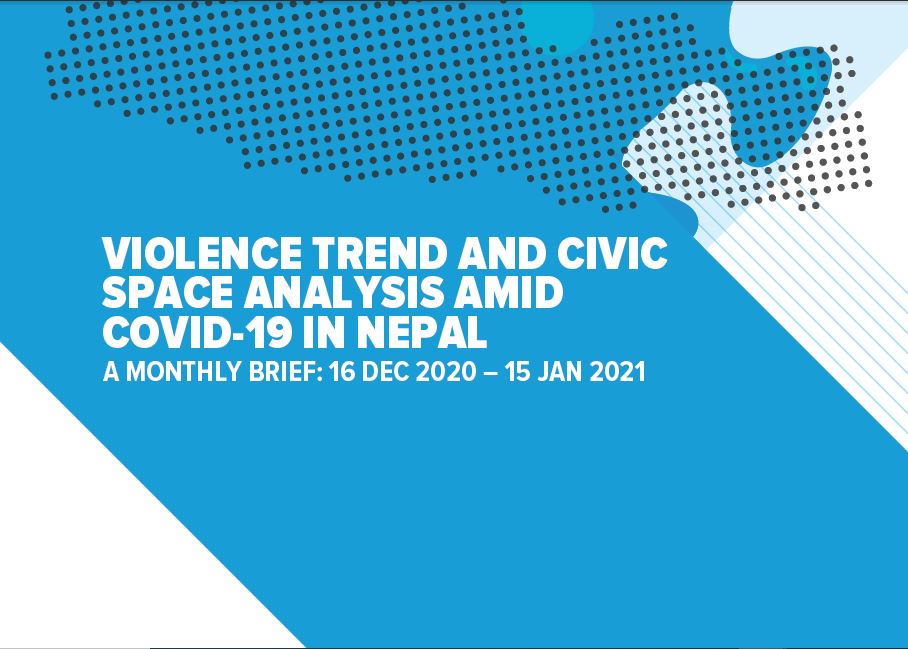Amnesty International, in a new release on Monday, has revealed police mistreatment to members of Tharu community police in connection with the killings of eight security personnel and a child in Tikapur, Kailali district, on 24 August 2015.
Following the incident, police arrested scores of villagers and charged them with murder, attempted murder and robbery. Two of the accused are children. The trial is pending before the Kailali district court.
The research report titled ‘Nepal: Torture and Coerced Confession’ claims police arrested villagers arbitrarily, torture and coerced them to sign confessions in connection with the killings of the eight security personnel and a child.
“I was asleep in my house when at midnight the door opened and police walked in. They asked me my name and began to beat me and put me in their vehicle. The police stopped their vehicle at a police post and beat me there. Then they stopped at another police post and beat me there with lathis, whatever they had, rifle butts,” a detainee in Dhangadi told the AI.
The AI has interviewed over 30 people including villagers, government officials, rights workers, teachers, lawyers among others to prepare the report. In addition, Amnesty International reviewed copies of legal documents, including the charge sheet, the interim court order, and the submission on behalf of the detainees to the Doti appellate court.
The AI has stated that 18 of the 19 detainees interviewed said they had been tortured from the moment the police took them into custody. The detainees have reported beating and torture immediately upon arrest. Some said that they were beaten until they fell unconscious.
“The Tharu community has long suffered marginalisation and the denial of their human rights in Nepal. These cases are, sadly, not an aberration but form part of a longstanding pattern of police abuse against the Tharu community,” said Champa Patel, Amnesty International’s South Asia Director.
The detainees interviewed have reported police beating them with bamboo sticks, boots, lathis (bamboo-made police batons), plastic pipes, and ‘whatever came to their hand’.
The police, he claims, was intoxicated at the time, with their breath and gait betraying signs of heavy alcohol consumption. They “did not behave like men,” he said. One of the policemen chewed tobacco and spat it in his face.
All detainees said they were then forced to sign “confessions” admitting to their alleged crimes, without even being allowed to read the document. Ram Prasad Chaudhary, a detainee who was subjected to extensive torture, said that the police used force to hold his hand and secure a signed “confession”.
The detainees were denied of their right to receive the health care and treatment they may require.
The rights organization has urged Nepali authorities to carry out prompt, independent, impartial, and effective investigations into the allegations of torture and other ill-treatment, coerced confessions, and arbitrary arrests.
The organization also calls on the Nepali authorities to provide redress to the victims of torture and other ill-treatment, which includes an acknowledgment of the harm inflicted on them, as well as rehabilitation, compensation, and guarantees of non-repetition.
“These are merely the first steps that Nepal’s authorities must take to begin effacing the shame of this episode. What these allegations underscore is the urgent need for structural reforms to be introduced to once and for all put an end to torture and other police abuse,” said Champa Patel.







